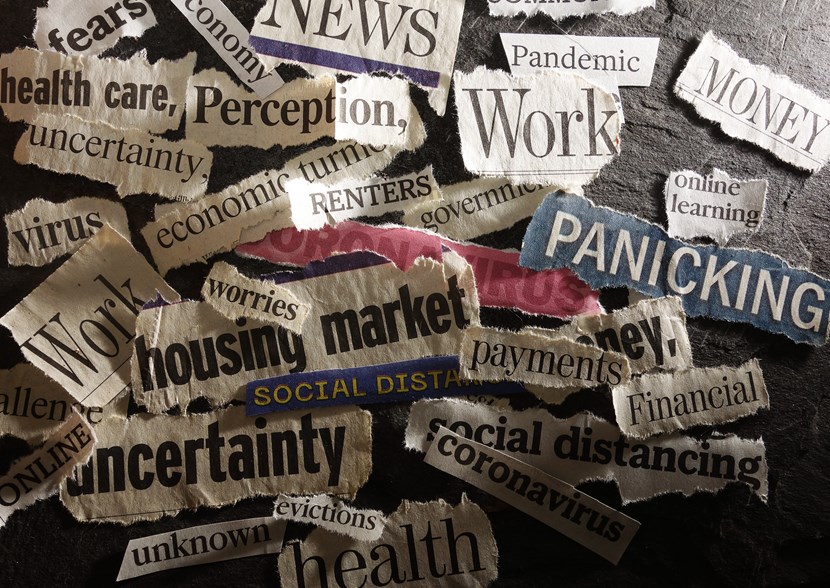Measuring and Mitigating Geopolitical Risks
Oct. 18, 2023
Marked by pandemics, wars, and geopolitical tensions, the world has witnessed a surge in uncertainty over the last few years. Swedish House of Finance recently gathered researchers, practitioners, and policymakers in financial economics, to discuss new geopolitical risks and their impact on supply chains, financial markets, and businesses.

During the two-day conference, Swedish House of Finance interviewed some of the participants to discuss the current state of global uncertainty, how to measure these uncertainties and mitigate the fallout stemming from them.
Here are the highlights:
How do we measure uncertainty?
Nicholas Bloom is the Stanford University professor behind the World Uncertainty Index which measures and tracks uncertainty across the globe by text mining the country reports of the Economist Intelligence Unit. According to Bloom, uncertainty “right now, globally, and for Sweden, we are about twice the long-run average”.

Russell Werners from the University of Maryland measures economic policy uncertainty by analyzing text in the news, “which is much more timely”.
“You can get month-by-month, or even day-by-day changes in economic policy uncertainty that don’t come out in macro variables for a long, long, time,” he says.

Dario Caldara, Assistant Director of the Division of International Finance at the Federal Reserve Board measures geopolitical risk. Like Bloom and Wermers, he and his colleagues examine text in newspaper articles that discuss geopolitical risk related to wars, terrorist attacks, or tensions across countries, and measures the intensity by looking at the frequency of articles published on the topic. They found that geopolitical risks can cause inflation.

How do global supply chain disruptions impact firms?
Discussions about disruptions to global supply chains were high on the agenda during the conference.
Gordon Phillips from Tuck School of Business discussed how global supply chain disruptions impact firms. He says that companies are spending to diversify their supply chains as a safeguard against geopolitical shocks.

Yakov Amihud from the Stern School of Business meanwhile, stressed the importance of hedging operational risk on top of financial risk.

The war in Ukraine was also top of mind among the participants. Steven Ongena from the University of Zurich discussed how Russian banks responded to sanctions. He explained that when debt sanctions were imposed, unsanctioned banks, especially state-owned or politically connected ones, increased their debt issuance, taking advantage of foreign investors' willingness to buy. On the other hand, asset sanctions prompted an overreaction, leading to the selling of foreign assets. This highlighted a clear distinction between the two types of sanctions.

Monetary policy
The participants also discussed monetary policy. Sebnem Kalemli-Özcan from the University of Maryland talked about how US monetary policy influence the decisions of foreign central banks.

